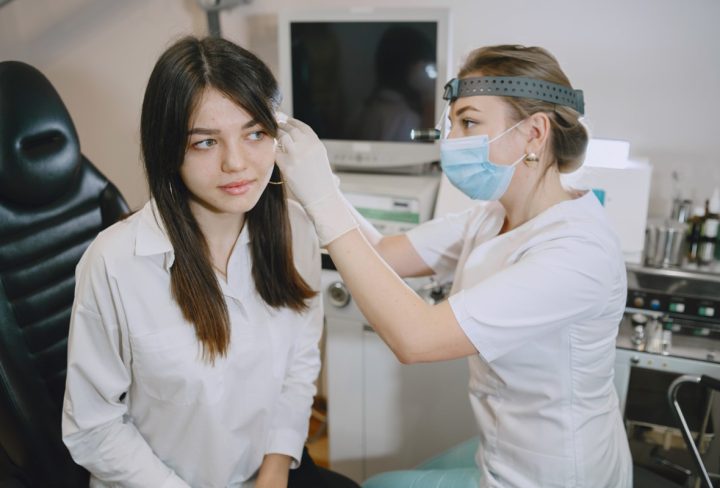Title: Frequently Asked Questions About Earlobe Surgery
- Is earlobe surgery painful?
Earlobe surgery is typically performed under local anesthesia, so you may not experience any pain during the procedure. However, you may feel a slight sensation of pressure or tugging. After the surgery, some mild discomfort or soreness may be present, but your surgeon will prescribe pain medication to manage any post-operative pain.
- What is the recovery time for earlobe reconstruction surgery?
The recovery time usually depends on the extent of the surgery and the individual’s healing process. Generally, initial healing may take 1 to 2 weeks. You are required to put on a small dressing over the incision site during recovery time. Complete healing and the ability to wear earrings again typically take around 6 to 8 weeks.
- Will there be visible scarring after split earlobe repair?
The surgeon will make the incisions in a way that minimizes scarring. The goal is to place the incisions in natural creases or areas where they can be easily concealed. Over time, the scars should fade and become less noticeable. Proper aftercare, including keeping the incision site clean and moisturized, can help promote optimal healing and reduce the appearance of scars.
- Can I wear earrings after torn earlobe surgery?
After the initial healing period, your surgeon will inform you when it is safe to wear earrings again. It’s important to follow their instructions and avoid wearing heavy earrings or applying excessive pressure on the earlobes during the healing process to prevent any complications or re-injury.
- What are the risks or complications associated with split earlobe pair surgery?
Like any surgical procedure, earlobe surgery carries some risks, although they are generally low. These risks may include infection, bleeding, scarring, asymmetry, and allergic reactions to anesthesia or sutures. It’s very important to choose a skilled and experienced surgeon to minimize these risks and ensure a successful outcome.
Consult your surgeon to get personalized information and address any specific concerns you may have.

